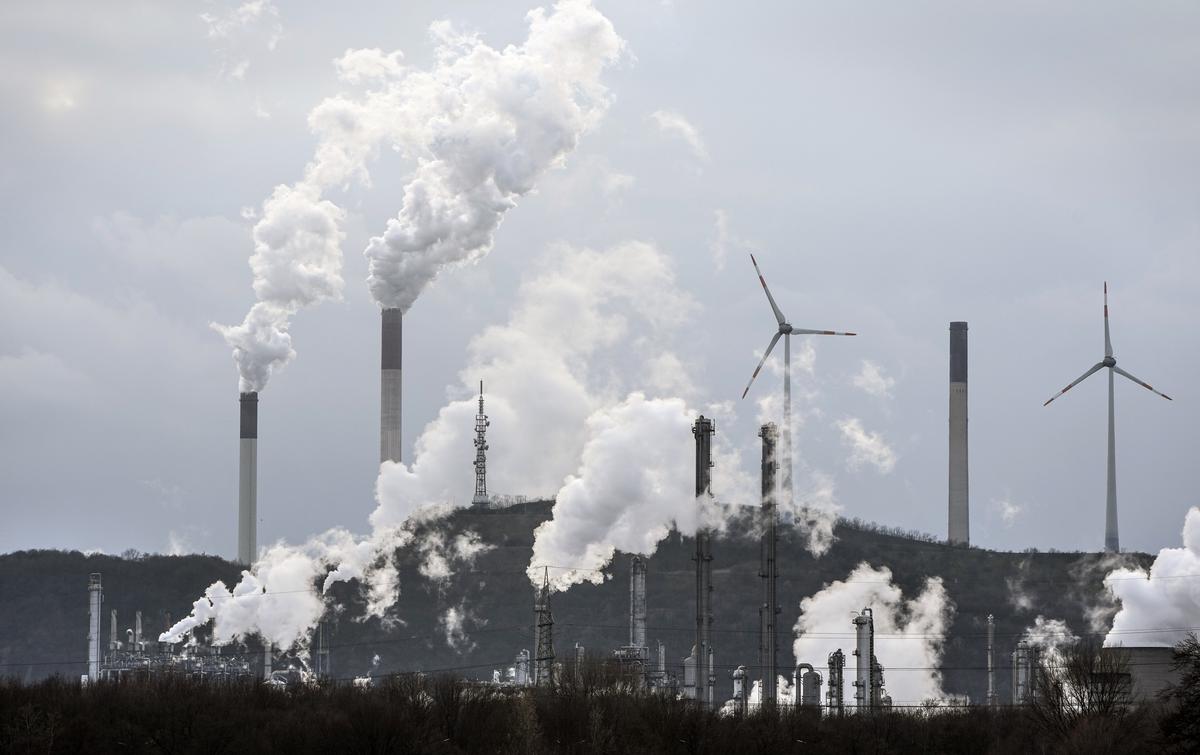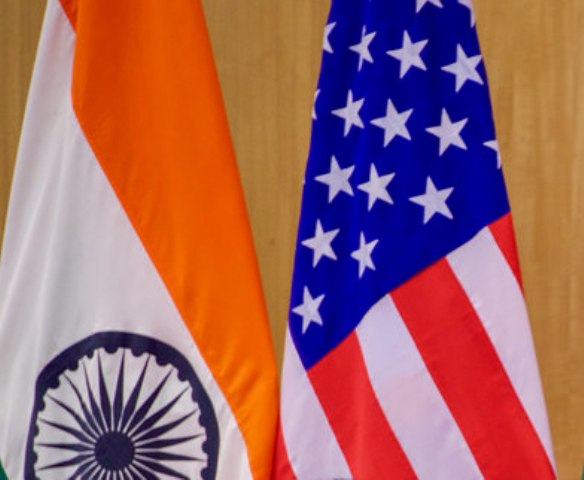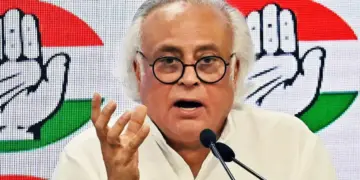New Delhi: India’s current climate policies are projected to reduce carbon dioxide emissions by around four billion tonnes between 2020 and 2030, and drive a 24-per cent reduction in coal-based power generation, according to a new report.
This is significant considering the fast-developing South Asian country, now the fifth-largest economy in the world, had committed to reducing emissions by one billion tonnes by 2030 at COP26 in Glasgow.
The study by Delhi-based independent think tank Council on Energy, Environment and Water (CEEW) said policies for India’s power, residential and transport sectors have already saved 440 million tonnes of carbon dioxide (MtCO2) between 2015 and 2020.
According to the report, in the power sector alone, policies promoting renewable energy are expected to drive a 24-per cent decline in coal-based electricity generation by 2030, relative to a no-policy scenario.
This is equivalent to avoiding 80 GW of coal-based power plants that would have otherwise been installed to meet India’s burgeoning power demand, CEEW said.
At present, India generates around 71 per cent of its electricity using coal.
Further, with strategic support and competitive tenders, the share of combined solar and wind power in India’s energy mix is projected to rise to 26 per cent by 2030 and 43 per cent by 2050, up from only around 3 per cent in 2015.
This shift will decisively reduce reliance on coal, which is currently the source of nearly half of the country’s total carbon dioxide emissions. This transition is crucial for bending India’s emissions curve downward, but achieving net zero by 2070 will require even more ambitious action.
India has been pushing for a higher share of renewables in its energy mix, increased adoption of electric vehicles and improved energy efficiency in domestic air-conditioning and lighting. It has also launched programmes like the National Solar Mission, the FAME I and II schemes, the Standards and Labelling scheme and the UJALA programme, which will continue to affect future energy demand and supply.
Arunabha Ghosh, CEO, CEEW, said, “India has demonstrated formidable climate leadership over the past decade, from scaling renewables to advancing energy efficiency and electric mobility through policies. This has not only diversified our energy mix and doubled down on energy security, but also created new markets and significantly cut carbon dioxide emissions.
“The road to net zero needs bolder action and the foot cannot be taken off the pedal now. To enable the Global South’s efforts, COP29 must ensure climate finance flows to developing countries like India, without riders. This would deepen renewable markets and a sustainable future for all.”
In the transport sector, the CEEW study has found that policies, such as the FAME (2015-2022) schemes, have set the stage for significant growth in the electric-vehicle market.
Projections show that by 2030, electric two-wheeler and four-wheeler sales could account for 19 per cent and 11 per cent of their respective segments. This could lead to a 13-per cent reduction in oil and gas demand in this decade.
By 2050, these figures are expected to rise dramatically to above 65 per cent for both EV categories, resulting in a 55-per cent reduction in the sector’s oil and gas demand relative to the no-policy scenario.
In the residential sector, the 2006 Standards and Labelling programme has led to significant energy efficiency improvements in air-conditioning and cooling.
The study has found that air conditioning-related electricity consumption in Indian households is projected to double between 2020 and 2030, and then soar by almost 10 times by 2050. This growth would be driven not just by hotter summers and higher incomes but also due to lower electricity prices, supported by higher renewable energy penetration.
The UJALA programme — by promoting and distributing more than 36.7 crore energy-efficient LED bulbs since 2015 — is projected to reduce residential lighting electricity use by 48 per cent by 2030 and 59 per cent by 2050 relative to the no-policy scenario.
Vaibhav Chaturvedi, senior fellow, CEEW, and the lead author of the study, said: “Our findings show that current policies have set India on the right path. New policies that build on existing climate policies are already being formulated to accelerate efforts to meet the 2070 net-zero target.”
Immediate steps should include scaling up investments in renewable energy, enhancing the domestic Carbon Credit Trading Scheme and focusing on energy efficiency in key sectors like industry, transport and buildings, he added.







